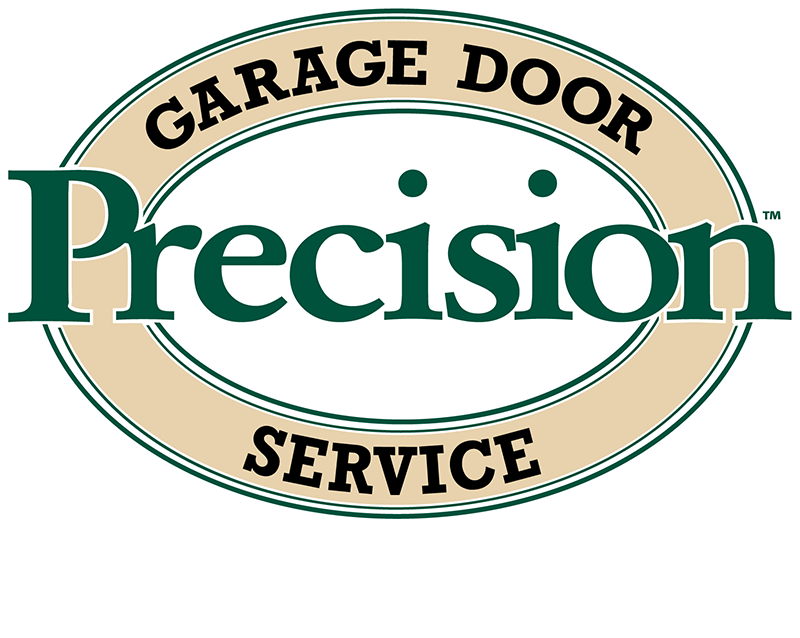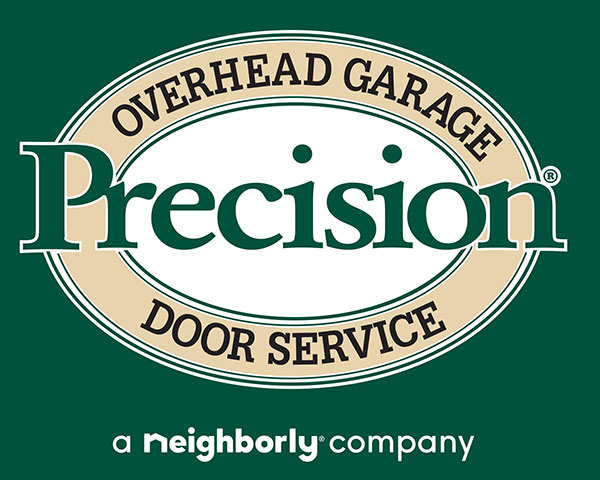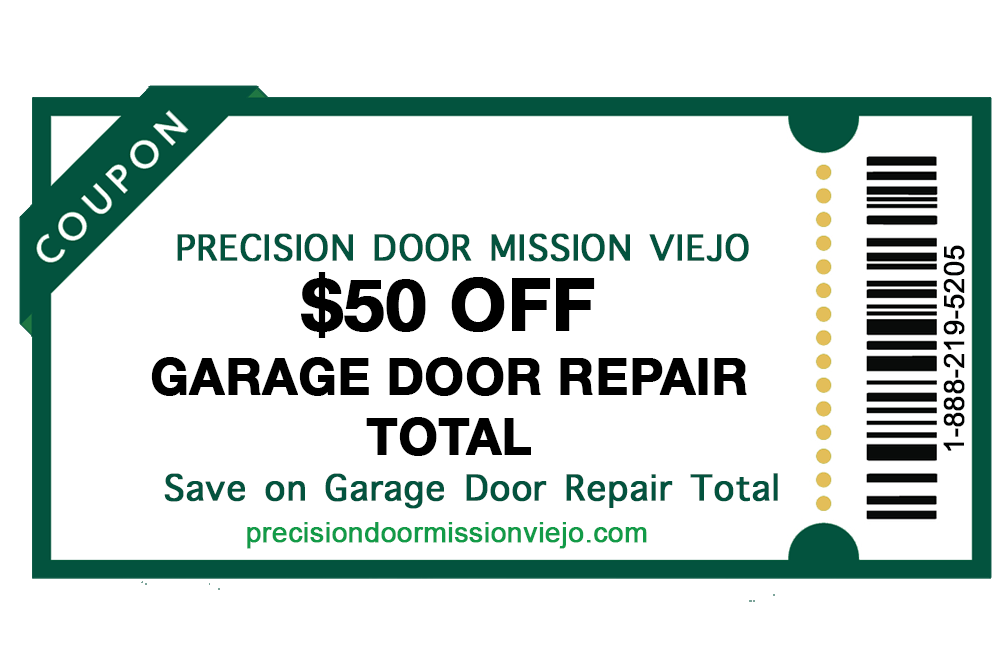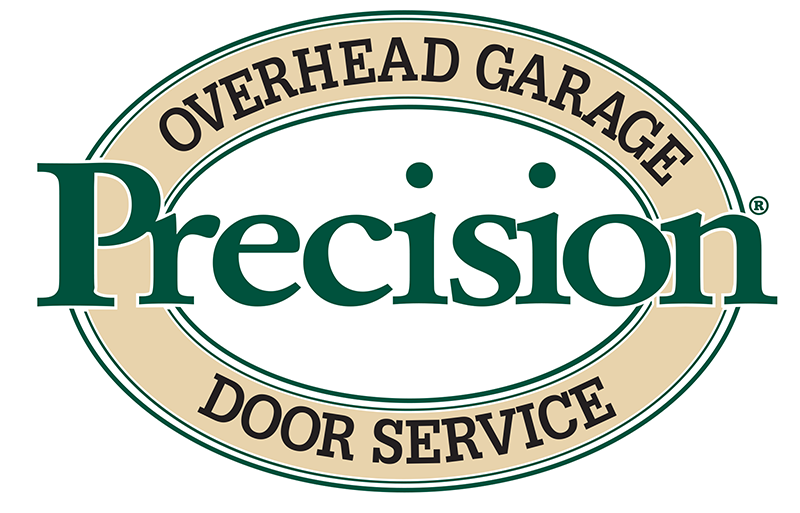
Does a Garage Door Repair Affect Your Door’s Lifespan?
Buying new garage doors costs a lot of money, which is why you want to protect your investment. The average lifespan of your doors will depend on whether you have manual or automatic doors and other factors such as the material you chose. Even the type that you choose for your home plays a big role in how long it will last. See how long most doors last and whether a professional garage door repair will get you more life out of it.
How Long Do Garage Doors Last?
Steel is a great choice for garage doors because it’s so durable. Even if a teen driver backs into the door, they may only leave behind a small dent or a scratch you can repair. Another benefit of picking steel garage doors is that they have a longer lifespan than some of the other materials do. With proper care, they should last for a minimum of 20 years up to a maximum of 30 years.
Wood garage doors have a shorter lifespan. They come in different designs that include both overhead and carriage doors. While overhead doors have a track that lifts them up and tucks them into the ceiling of your garage, carriage doors have a swinging design. They usually come in sets of two that meet in the center. You can open one door or both doors at the same time and swing them open. Wood doors usually last for 10 to 15 years but can last for years or longer.
What About Other Materials?
You have more choices than just wood and steel for garage doors. Aluminum is just one option. They usually weigh less than steel doors and are thinner, too. This lighter weight puts less stress on the opening mechanism and may make the doors last longer than steel does. Aluminum doors usually last for around 20 to 30 years. Fiberglass, vinyl, and wood composite doors have a similar lifespan. Wood composite doors look quite like wood doors but are often lighter and stand up better to the weather outside. Fiberglass and vinyl doors also do well when exposed to the elements.
Manual vs. Automatic Doors
One factor that affects your door’s lifespan is the type you have. Manual doors are ones that you need to use pressure to lift and move, while automatic doors work with an opener and let you open and close them with the touch of a button. Automatic doors are more convenient and add value to your home, but they also need more maintenance as well as repairs. You may need a garage door repair when your opener stops working or the door comes off its track. While taking care of the doors and paying for any repairs you need can make them last longer, many fail within 15 years or less. If the doors still work but the opener fails, you can save some money. Manual doors usually have a longer lifespan and need less maintenance.
Garage Door Types
The type of doors you have plays a role in how long they last, too. Roll-up garage doors are a good choice if you have a garage with less space. The doors have a series of sections that wrap around a drum near the ceiling when you raise them. Sectional or overhead garage doors are similar because they have multiple sections. When you use your opener, the doors automatically lift and move along the tracks to slide into your ceiling, one section at a time.
Hinged doors were popular for many years and are becoming even more popular in some regions. Carriage doors are a good example of hinged doors. You’ll also find tilting doors that have just one piece. They tilt up and slide back to fit into a specific area of your garage. There are also sliding doors that follow a track, which pushes them around the side of the garage to save some space. Hinged doors often last for 20 years or less. The hinges can develop rust from the rain that falls and become broken or bent from regular use. Doors that follow a set track have a similar lifespan because the tracks are susceptible to damage caused by wear and tear. Tilting doors have an even shorter lifespan, but sectional and roll-up garage doors usually last for up to three decades.
Will a Garage Door Repair Make Yours Last Longer?
Scheduling a regular inspection of your door and paying for the garage door repair you need can make your doors last longer. Try to inspect the doors at least twice a year and as the weather changes. Check the springs, rollers, hinges, locks, and any other parts that you see. Automatic doors have a photo sensor that detects objects and people. It stops the door from closing when it detects anything in the way. Look over the weatherstripping around the door and the remote or opener, too. If you think you need new garage doors, have a pro inspect your old set first. You may find that a simple repair is a more affordable option and that you don’t need to replace the doors, which gives you more life out of the old ones.
Extend the Life of Your Garage Doors
Look for other ways to extend the life of your garage doors such as keeping an eye on the springs and changing them as needed. Worn springs are a hazard and can damage anyone who enters the garage or stands close to the door. Using lubricant around the door keeps it moving smoothly and gives you more use for it. You’ll also want to maintain the outside of the door. Garage doors often suffer damage from common weather conditions like rain and hail, but they also become damaged when people or vehicles strike them. Look for warping and cracks in wood doors and bend and cracks in vinyl or wood composite doors. Steel and aluminum doors may show some signs of rusting.
Enjoy Your Garage Doors for Years to Come
In most cases, you’ll see some clear signs that you need to replace your garage doors such as shaking, making a lot of noise, and moving slowly when you use them. They may also have broken panels, damaged hardware, or missing parts. While a garage door repair can fix some of those problems, talking to a pro is the best way to see all your options. Contact a garage door company in your area when your garage doors near the end of their 15 to 30 years lifespan.










